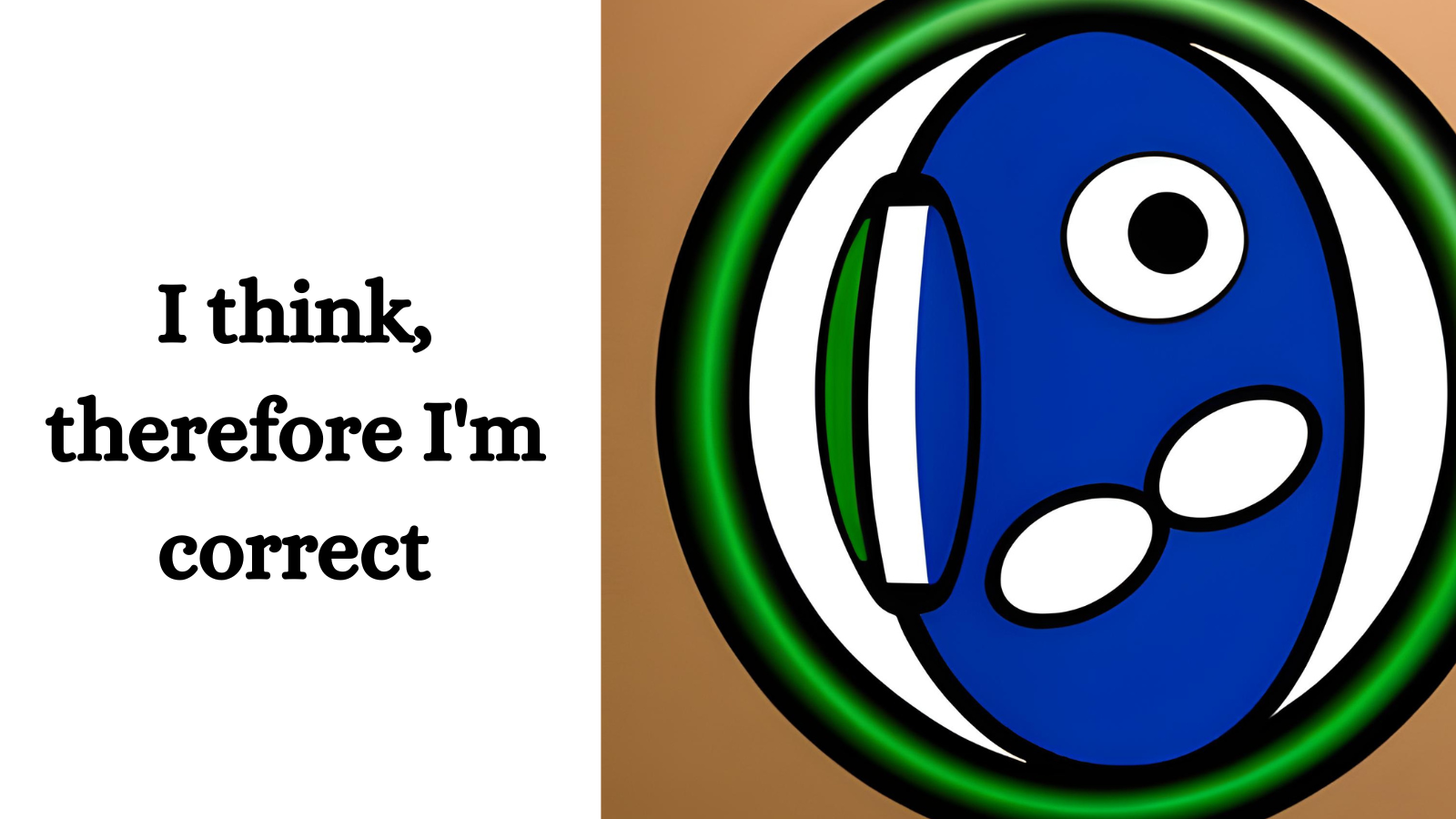Trying to Figure Out How We Got Into These Rationalist Cocoons
And the cocoons' severe limitations

No one can reason us out of our [rationalist] pods because we didn’t reason ourselves into them. We mentally evolved into these cocoon-like systems. We were raised in them or adapted ourselves into them or were indoctrinated into them. No one, quite frankly, quite understands how each of us gets into these pods. Eric Scheske, "Keep Sweet and Have Sex"
Well, psychologist Dan McAdams has postulated a framework for understanding how we get into these rationalist systems.
There are, says McAdams, three levels of personality:
- Dispositional traits (traits that start to develop in the womb, which are re-enforced through interaction with adults who treat toddlers in accordance with these "innate" traits);
- Characteristic adaptations (traits that develop as we grow);
- Life narratives (stories we tell ourselves to make sense of our lives).
In the realm of politics, we are literally "born liberal" or "born conservative." There's a blueprint etched into each of us. But then interactions with adults start to shape or shift the blueprint, then we take responsibility by constructing our own life narratives, which "are not necessarily true stories--they are simplified and selective reconstructions of the past, often connected to an idealized vision of the future." Jonathan Haidt, The Righteous Mind (Vintage Books, 2013), p. 325-328
These life narratives are tools that help get us through life: shortcuts . . . abstractions and efficiencies. They are left hemispheric.

These three personality levels no doubt have always existed. What has changed is that we now trust our rationalist conclusions, thanks to Descartes.
Better option: Distrust them. In favor of what? Authority, for one, and exercising the corresponding virtue of obedience, but not placing trust in your own selection of the authority. The act of choosing your authority is, itself, potentially a result of your rationalist system. You're better off trusting tradition and historical norms as a guides. It's not easy, and it requires a large degree of humility and introspection, but it's better than ramrodding through life with your Godzilla-like rationalist system trampling everything in front of it.




M.C Escher's "Waterfall"
Kurt Gödel demonstrated definitively that every formal system is incomplete, in that each leads to conclusions that can be shown to be theorems of the system, but cannot be proven within the system. Iain McGilchrist, The Matter with Things, 568.
Hayek on Rationalism
"The rationalist whose reason is not sufficient to teach him those limitations of the powers of conscious reason, and who despises all the institutions and customs which have not been consciously designed, would thus become the destroyer of the civilization built upon them. This may well prove a hurdle which man will repeatedly reach, only to be thrown back into barbarism." F.A. Hayek, "Conscious Direction and the Growth of Reason."
